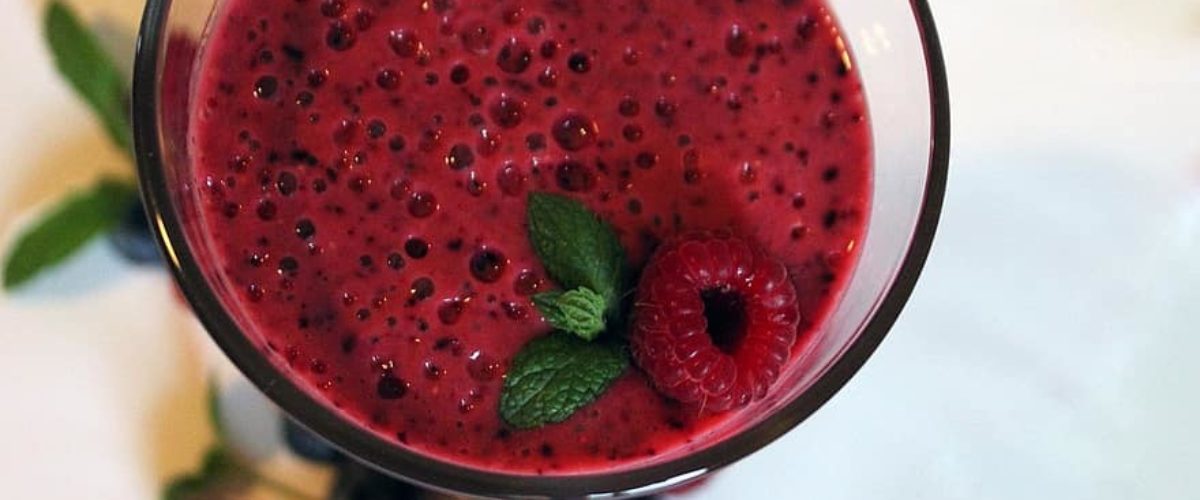
Nutrition for an Active Life
Nutrition for an Active Life
Rachel O’Reilly – Senior Dietician, Kilkenny
Nutrition plays a pivotal role in supporting the training and competition demands of athletes – recreational or elite – in any sport. Good food choices help make sure you have enough energy, which in turn helps training and aids recovery.
Five Goals of Sport Nutrition
- MIX IT UP – Eat a varied and well-balanced diet that supplies the right amount of energy and essential nutrients.
- FUEL RIGHT – Choose a variety of food including foods that contain carbohydrates and protein based on the amount of exercise
- STRIVE FOR FIVE – Eat at least five portions of fruit and vegetables a day; fresh, frozen, dried, canned all count.
- REFUEL – If you need to recover quickly then start refueling with carbohydrate foods and fluids as soon as possible after exercise, preferably within 30 minutes
- THINK FLUID – Ensure you are well-hydrated by drinking throughout the day as well as before, during and after exercise, as appropriate.
TOP TIPS
Carbohydrates
- Choose a variety of food including foods containing carbohydrate, based on the amount of exercise
- Split your total carbohydrate intake into several meals and snacks throughout the day
- It is important to be aware of portion sizes as too much or too little of any type of food can increase our risk of health problems.
- Plan and prepare to fit your eating in around your training
- Only if you are training for multiple hours or at a very high-intensity sports drinks, sports bars and carbohydrate gels can boost your carbohydrate intake around training and competition
Protein
- Choose a variety of protein-rich foods. Lean meat, poultry, fish, eggs, milk and milk products such as cottage cheese and Greek yogurt, beans and pulses, Quorn, nuts and seeds are all good examples of protein-rich foods.
- Protein intake should be distributed throughout the day. Always choose lean meat and low-fat dairy products.
- If you are a vegetarian you will need to make special effort to ensure that your diet provides enough good quality protein.
Fat
- The total amount of fat (in grams per kg bodyweight each day) you need depends on your total energy requirements, body composition goals and sport.
- Athletes should follow healthy eating guidelines that focus on consuming moderate amounts of monounsaturated and omega-3 fats and a reduction in the intake of saturated fats.
- The richest sources of monounsaturated fats include olive, rapeseed, groundnut and almond oils, avocados, olives, nuts and seeds.
It is crucial to get your food and fluid intake right if you want to train harder, go faster and recover quicker from training sessions and competitions. Eat the right amount of food for your activity level, make sure you eat a range of foods to meet the ‘five goals of sports nutrition’, but most of all – enjoy your food.
IMPORTANT LINKS
Adults
FOOD FOR SPORT – https://www.indi.ie/images/public_docs/25_INDI_Book_(Sport).pdf
Teens
FUEL YOUR BODY – For the Teenage Sports Person https://www.indi.ie/images/fact_sheets/K8200_Fuel_Your_Body_ROI_2014_V2.pdf
Fluid and Hydration for Teenagers – https://www.indi.ie/images/fact_sheets/Drinks_for_Teenagers_nov_2015.pdf
NOTE: Irish Nutrition and Dietetic Institute, INDI. This information is not meant to replace advice from your medical doctor or individual counseling with a Dietician. It is intended for educational and informational purposes only.